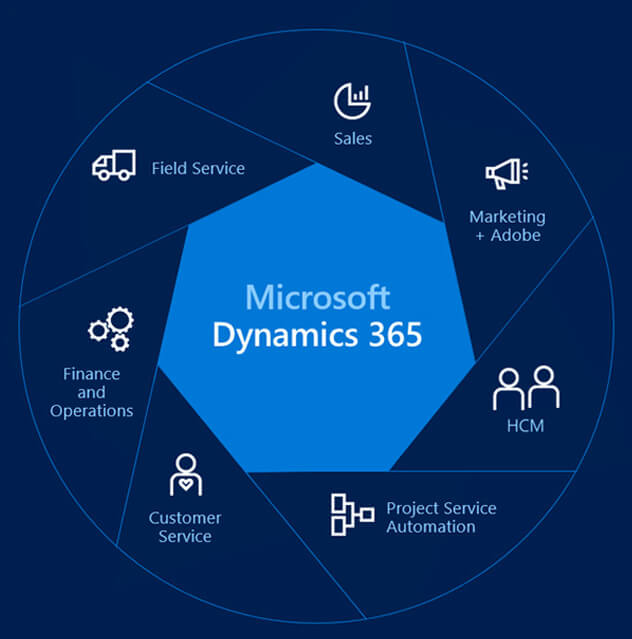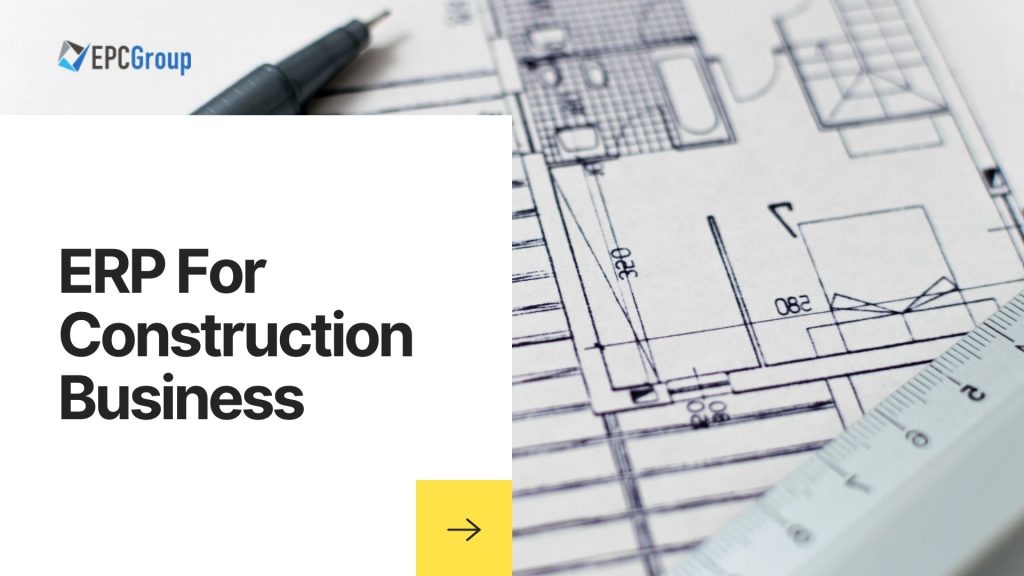ERP, in its essence, is the tool for managing information. It is an industry term that stands for Enterprise resource planning. As the name suggests, it is the proper arrangement of data for making its better use. Incorporating ERP in one’s business would bring about an end to the result, help organize the store, and use the information for the benefit of the enterprise.
Let’s break it into parts.
There is tons of information received from various departments in a large-scale business- inventory management, accounting, orders, warehouse, asset management, etc. It so happens that several times, the company doesn’t know what to do with the data, how to organize, inter-relate, and properly use the data. These islands of scattered data have immense potential to provide specific statistics which can be used for decision-makin using predictive analytics like setting numerical benchmarks, evaluation of progress, and different decision-making policies.
In short, ERP helps in bringing about an organized strategy planning in different sectors of the economy.
The one we would discuss today in detail is related to the construction business.
What is the purpose of implementing ERP Software in Construction?
Startups, SMEs, or Agencies, companies are trying to incorporate it into their business model.
It is an automation process where the technology and years of experience form the base of pan organization informatics. So what is this sudden need for implementation?

Reason 1:
Companies are hard-pressed to their limits in searching for organizational skills and technologies to survive this competitive world.
Communication is the key to success. As the construction business is highly fragmented, the time taken to sit down and communicate its requirements with various vendors, subcontractors, suppliers, and clients for materials, equipment, etc., can be paramount.
At present, the ERP systems are being used by construction companies in various ways:
- To bring about an all-in-one system:
- To increase their customer base,
- Reinforce their supply chain business enabling it to make smooth and seamless,
- Boost their official flexibility,
- Bring about an upsurge in decision-making capabilities
- Reduce the overall scheme completion time and thus resulting in lower costs.
The goal of ERP is to make the information available to all the participants within the organization.
Reason 2:
Decision-making sets the plan in Action.
Many researches assert that the major benefit of an ERP system in the construction business is that it is integrated at one point, i.e., it is centralized. In turn, this result in mutual participation of the participants involved in decision-making and improves coordination of jobs, which makes inter-related decision-making easier. Consequently, it improves the decision-making process across all participants.
Reason 3:
Delays are minimal:
Late shipments from vendors, logistical errors, etc., are the most common cause of poor business relationships and loss of business. These hurt the customer and can have a reputational risk.

With the execution of ERP, all the activities of ordering and managing the supply chain can be coordinated and executed, ensuring higher levels of on-time delivery across the workflow.
Further, it also eliminates paper and other manual process inefficiencies.
Reason 4:
Reduction of Cost of handling logistics, the entire manufacturing process will become comparatively less expensive as the information become transparent and the time taken reduces, thereby reducing operational cost.
Hence, it can be concluded that if the business does not have a productive tool that gives the decision-makers the required or the right material at the right intervals, then the chances of that business succeeding are bleak.
The three deciding factors for the proper implementation of the ERP is
- Timeliness
- Accuracy of the information
- How relevant the data is
How to Implement ERP in Construction Business?
Implementing ERP Construction Software can be a huge change for a running enterprise. Using the state-of-art software can be easy and effective for the various members involved in construction, such as the builder, contractor, accountant and inventory manager, marketing, HR, etc.
It helps in:
- Project Coordination
- Scheduling
- Tracking Construction material
- Field Management
- Proper Communication
The difficulties and several business activities across several countries and time zone borders wreak unnecessary confusion.
Hence, following the succeeding steps would help to implement ERP in the construction business successfully:
- Recognize the main problems:
Understanding the questions of “Where to implement ERP” “What should be ERP implemented for” is a sine qua non.
Key points of overcoming the problematic areas are necessary, not only for the present but also for future projections. You can check the Microsoft ERP products for more information.
2. Recognize the scope:
One of the main keys to not going overboard with the budget of ERP implementation is recognizing the scope of the “Demand List” ‘s outer limit to achieve the objective of a seamless and smooth workflow.
3. Evaluate your Options:
Invest your time in assessing your options. Buy a demo ERP Model if required. Bring in the other stakeholders and discuss the implementation of the model.
Conclusion
In this article, we studied the requirements and the effects of ERP Implementation how the supply chain is managed better with the application of this software.
In short, ERP is a system that helps areas like investment, administration, sales, production, distribution, etc., which are interrelated to each other so that if an activity is chronicled at one place, it directly reflects at all other places.










